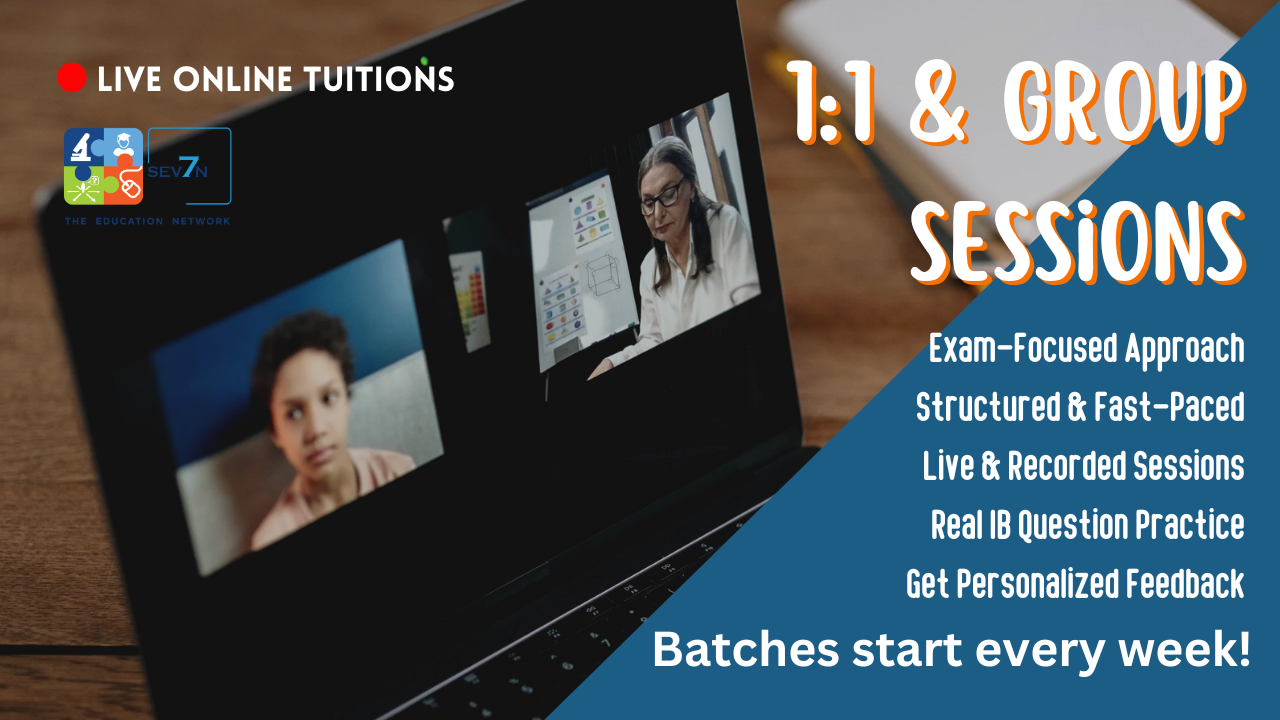In TOK, the concept of “values” is all about what we think is important or worthwhile. It’s like having a personal compass that guides your decisions and judgments. These aren’t just about what you like or don’t like, but deeper stuff—like believing in honesty, fairness, or courage.
Now, there are some theories that talk about how we figure out these values. One big idea is called “moral relativism,” which is like saying, “What’s right for you might not be right for me.” It suggests that our values can be different because of where we come from or how we were raised.
Another theory is “ethical objectivism,” which is the opposite. It’s the idea that some values are like the rules of a game—no matter who you are or where you’re from, the rules (or values) are the same for everyone.
 IBDP Tutoring Online
IBDP Tutoring Online
When we talk about knowledge issues related to values in TOK, we’re asking questions like, “How do we decide what’s good or bad?” or “Can we ever know for sure if something is right or wrong?” This is tough stuff because everyone has their own set of values, and sometimes they clash.
In short, “values” in TOK are about the big “shoulds” and “shouldn’ts” in our heads that help us figure out how to live and what to believe, and they’re super important when we’re trying to make sense of the world and decide what we think is true or right.
Table of Contents
1. Understanding Values in TOK
Definition & Theories
Explore the meaning of values through key theories like moral relativism, highlighting how upbringing and culture influence our sense of right and wrong.
2. Framing Knowledge Questions on Values
Critical Inquiry through KQs
Learn to formulate powerful KQs such as:
-
How do personal values shape our understanding of truth?
-
Can values be universal, or are they culturally defined?
These guide reflective discussions on the role of values in knowledge.
3. Exploring a KQ on Values Using the TOK Framework
Scope, Perspectives, Methods, Ethics
Analyze how values influence knowledge across the four elements of the TOK framework:
-
Scope – How values determine what we choose to explore.
-
Perspectives – How cultural lenses shape our views.
-
Methods & Tools – How we study or express values.
-
Ethics – How values inform moral decision-making in knowledge.
4. Connecting Values with Optional Themes
Themes, TED Talks & Real-Life Links
Make connections between values and TOK’s optional themes using relevant real-life situations, classroom debates, and TED talks.
5. Stimulating Discussion: Values & Knowledge
Fostering Critical Thinking
Encourage open dialogue on how values affect knowledge, promoting interdisciplinary thinking, critical analysis, and IB learner profile attributes like open-mindedness.
6. Using Values in the TOK Essay
AOKs, Knowledge Claims & Evaluation
Examine how values influence knowledge in AOKs like:
-
Natural Sciences – Ethics in experimentation
-
Arts – Cultural significance and meaning
-
History – Bias in historical narratives
Use this to develop strong, argument-based TOK essays.
7. Justifying TOK Exhibition Objects through Values
Exhibition Connections with Purpose
Understand how values can justify object selection in the TOK exhibition by providing clarity, relevance, and depth to each knowledge claim.






